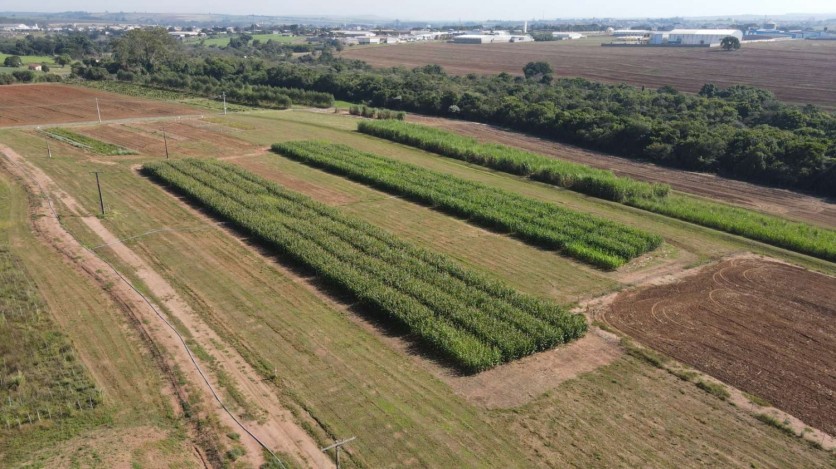Grace Breeding (TASE: GRAC), a forward-thinking AgClimateTech company developing biological-based agriculture products, unveils the latest results from its ongoing field study conducted, in collaboration with University of Londrina (UEL), on corn in Brazil using its Proprietary Bio-Fertilizer (NFT) technology. The latest findings from Grace Breeding's field trials validate its greenhouse study demonstrating NFT's greater efficiency in the use of water and nitrogen as well as greater mobilization of carbon.

Supporting the positive findings from both the field and greenhouse studies is the announcement last month that Grace Breeding received the first approval for the NFT Proprietary Bio-Fertilizer registration in Brazil. This registration marks the first territorial approval for Grace Breeding's NFT product, and it comes in a significant market, as Brazil is the largest exporter of corn. The combination of both the field study results and the registration approval enables Grace Breeding to support Brazilian farmers by providing them with a sustainable alternative to synthetic nitrogen fertilizers.
Through the current results, Grace Breeding confirms key indicators for greater nitrogen efficiency from its previous field study, such as a higher intensity of green in the plant leaves. Grace Breeding's NFT fertilizer noticeably enabled the corn plants to achieve the same physiological and nutritional parameters with significantly less nitrogen.
In addition to less nitrogen, other key takeaways include less water loss and higher internal carbon accumulation in the soil. The study's findings also suggest that NFT enhances the production of photoassimilates, a key indicator of the plant's growth and development. The findings further advance the NFT solution's validation process as a sustainable technology for the agriculture industry.
Results gathered from Grace Breeding's previous greenhouse study on the use of NFT on corn plants in Brazil revealed several positive findings, including a reduction in the amount of carbon emissions. Other key indicators from the previous study support the idea that NFT can lead to a 50 percent reduction in nitrogen use on corn and enhanced water-use efficiency.
"Once again, we are pleased with the results on the ground in Brazil," says Assaf Dotan, CEO of Grace Breeding. "During the previous results we demonstrated that our Proprietary Bio-Fertilizer reduces greenhouse-gas emissions while also showcasing a quicker germination process and better water-use efficiency, which provides several environmental benefits and reduces the vulnerability of future droughts. We are quite confident that NFT can reduce our dependence on synthetic nitrogen fertilizers, and thus provide an eco-friendly and sustainable alternative."
"The results we are seeing from the corn field study are extremely promising and support the validation of Grace Breeding's NFT Bio-Fertilizer as a technology that promotes greater productive performance at a lower cost, and with greater environmental preservation," says Professor Juliano Tadeu Vilela de Resende Ph.D. of the Agronomy Department at Universidade Estadual de Londrina. "I'm further encouraged by the physiological and nutritional analyses from the most recent studies. When I evaluated the corn at lower doses of nitrogen, the plants cultivated with NFT maintained all the key metrics including size, stem diameter, and number of leaves."
ⓒ 2025 TECHTIMES.com All rights reserved. Do not reproduce without permission.




